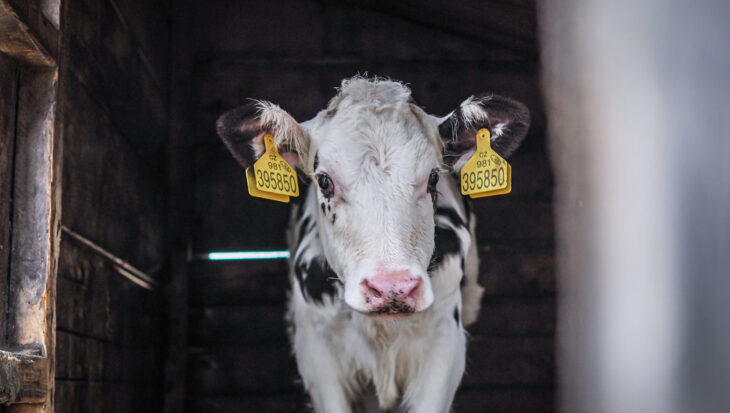The BHF’s denials began late in 2013 when Animal Aid discovered a shocking experiment that involved pregnant sheep being surgically mutilated and their unborn lambs brain-damaged by repeated compression of the umbilical cord. According to the scientific paper describing the experiment, it had been ‘supported by funding from’ the BHF. However, the charity insisted in a statement to a national newspaper journalist that its only involvement was contributing to equipment in the laboratory, even though one of the study’s key researchers had received a grant of more than £1million from the charity. Within days, Animal Aid had uncovered another sheep suffocation experiment involving the same researcher. Despite the scientific write-up of this new experiment mentioning ‘support’ from the BHF, the high-profile charity sought to distance itself once again, this time stating in the Sunday Express that it was just ‘one of the many general funders’ of the laboratory where the research had been carried out.
Just a few months later, Animal Aid uncovered a third deadly experiment that the BHF had supported. This time, pigs were deliberately given heart attacks, then subjected to several other cruel and destructive ‘procedures’ before they were killed. Evidence of backing from the BHF included a declaration in the scientific paper reporting on the experiment that it had been ‘sponsored’ by the BHF. The charity, however, provided a national newspaper with a detailed statement in which it emphatically distanced itself from the research. This prompted Animal Aid to embark on a detailed examination of the BHF’s longer term funding of one of the key researchers involved in the pig experiment – a high-profile Professor of Cardiology.
Our new research uncovered five additional experiments that had received financial support from the BHF in recent years and involved the high-profile professor. Three used live animals while the other two involved the ‘subjects’ being killed so that their organs could be used for testing. Dogs were the species of choice in two of the five – one of which saw them having their hearts surgically stretched. The dogs used in this stretching experiment were described as ‘mongrels’, thereby raising concerns that they may have been acquired from pounds and therefore suffered additional trauma during their lives.
In the other dog experiment, the animals were given heart attacks by having one of the main arteries supplying their hearts tied off. A few days later, their chests were opened up again, and their hearts were electrically ‘stimulated’ to induce critically rapid heart rhythms. Further research involved 28 goats having a pacemaker device surgically implanted, which was designed to disrupt the natural electrical activity of their hearts. Some of the goats then endured the pacemaker being switched on for three separate 28-day periods.
Says Animal Aid Director Andrew Tyler:
‘While the BHF insists that “openness” is a top priority, our experience convinces us that this is far from the case, given the charity’s attempts to distance itself from some animal experiments for which it has provided financial support. The BHF is keen to stress the alleged benefits of animal experimentation but fails to mention its serious scientific shortcomings. What the charity does not willingly provide, moreover, are the raw details of what happens to animals who are used in research that it supports.
‘The BHF-backed experiments we have uncovered are not only cruel and macabre, but they also fail to offer a real prospect of advancing the treatment of heart disease in humans. The symptoms inflicted on animals in the laboratory provide only a crude “model” of the human condition. Dogs, for example, cannot develop heart disease by eating a fatty diet, so researchers resort to tying off their arteries to induce a heart attack. This clearly bears little relation to how humans become sick.
‘Our Victims of Charity campaign will continue to expose the suffering endured by these animals, and we reiterate our call on the BHF to change its policy and fund only humane and reliable non-animal research.’
Editors’ notes

